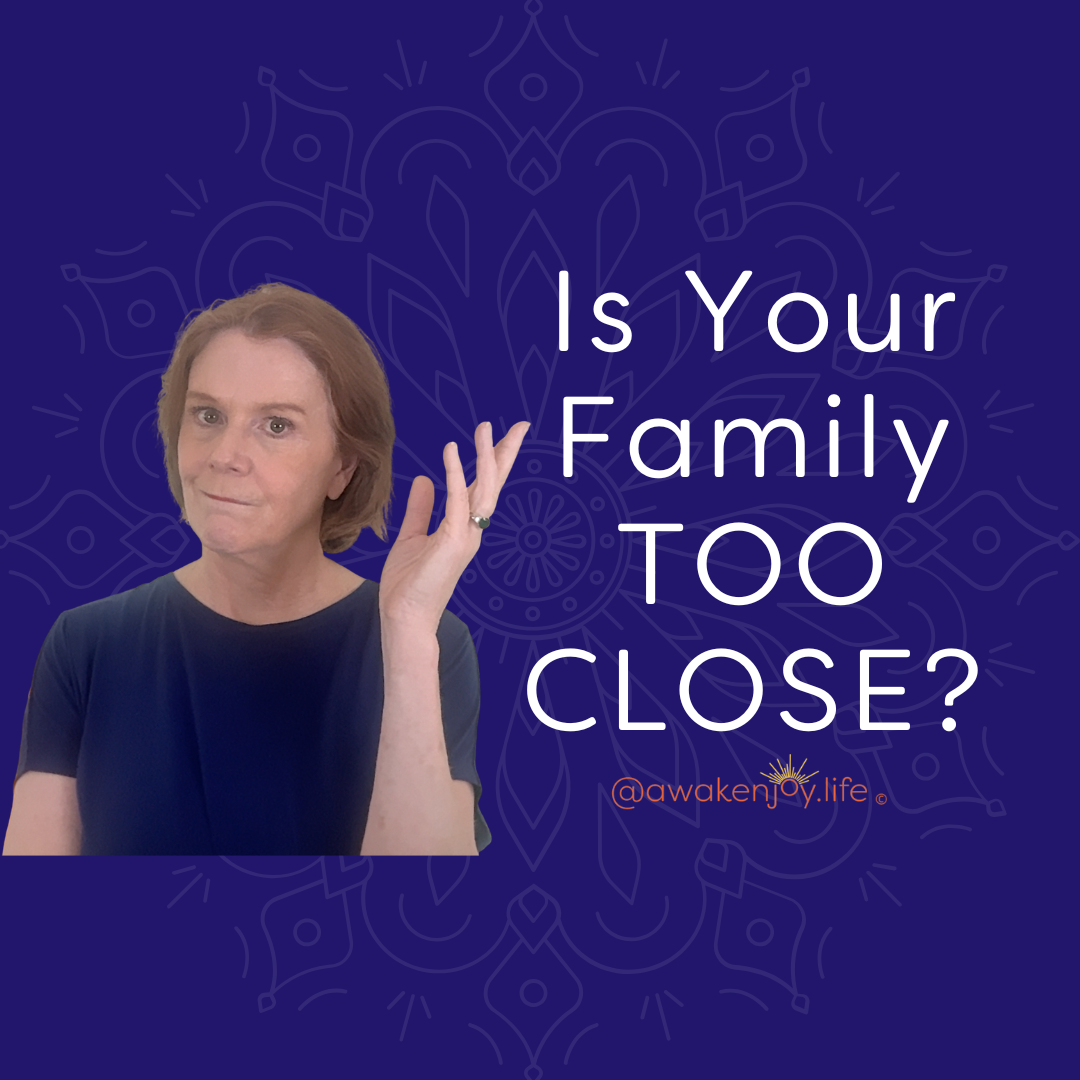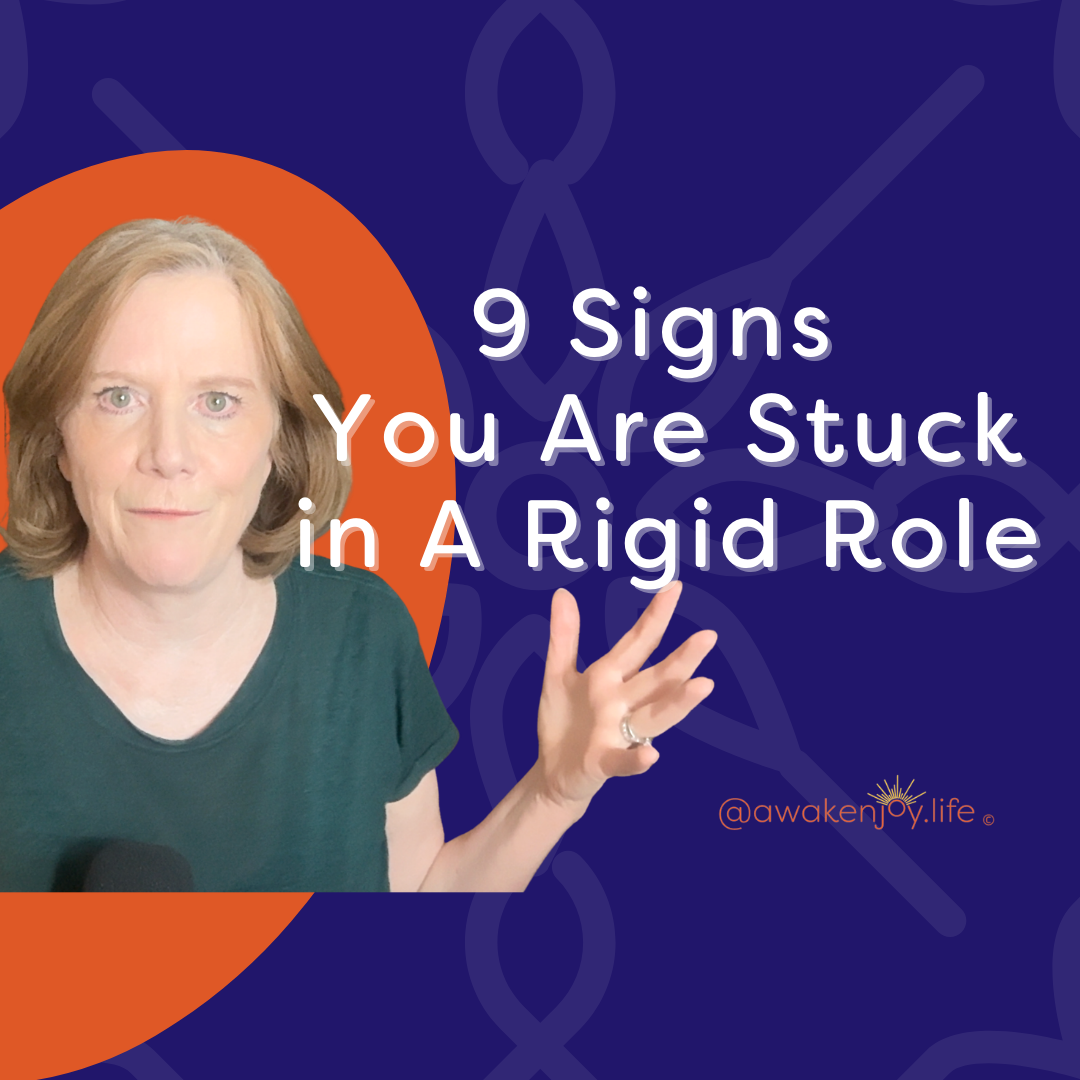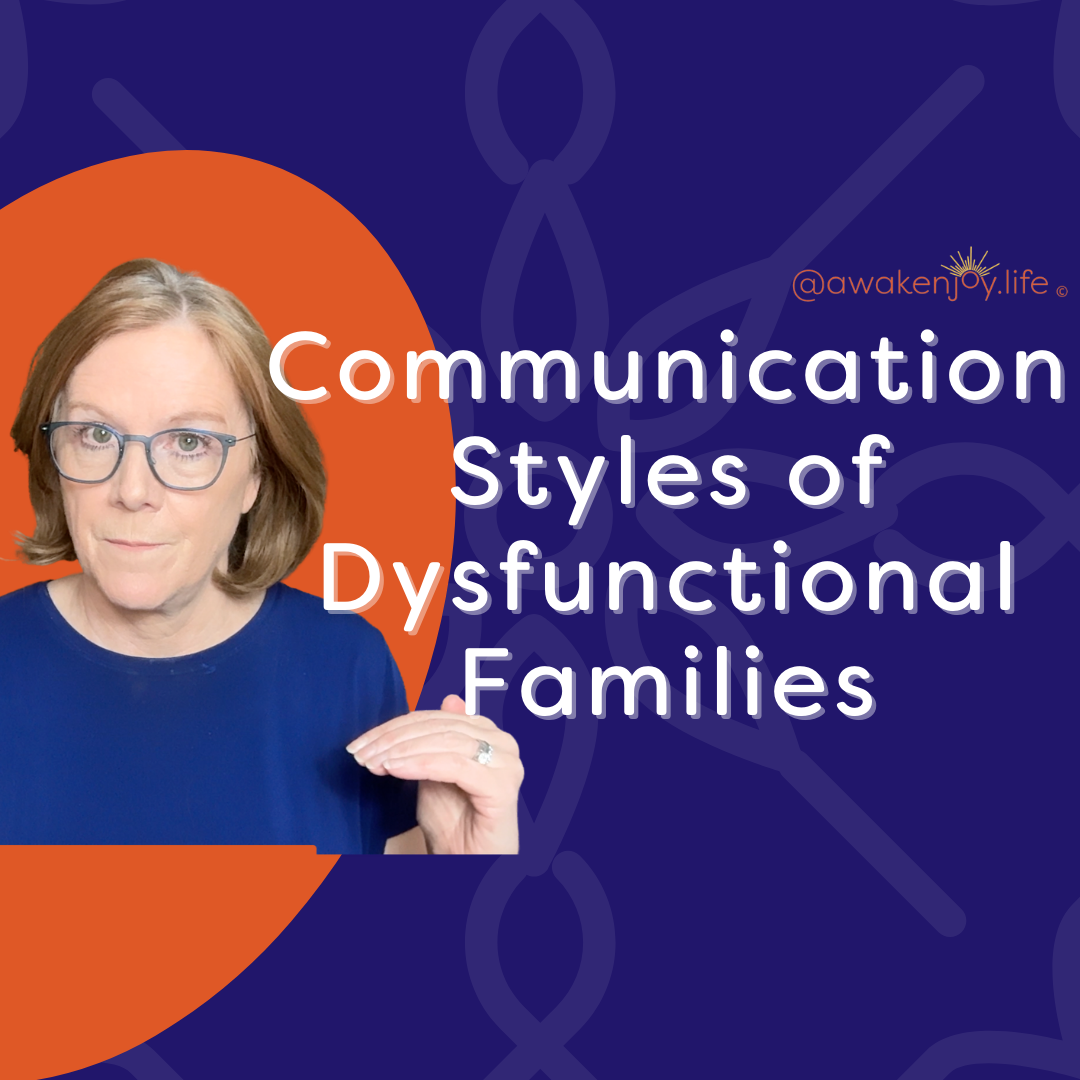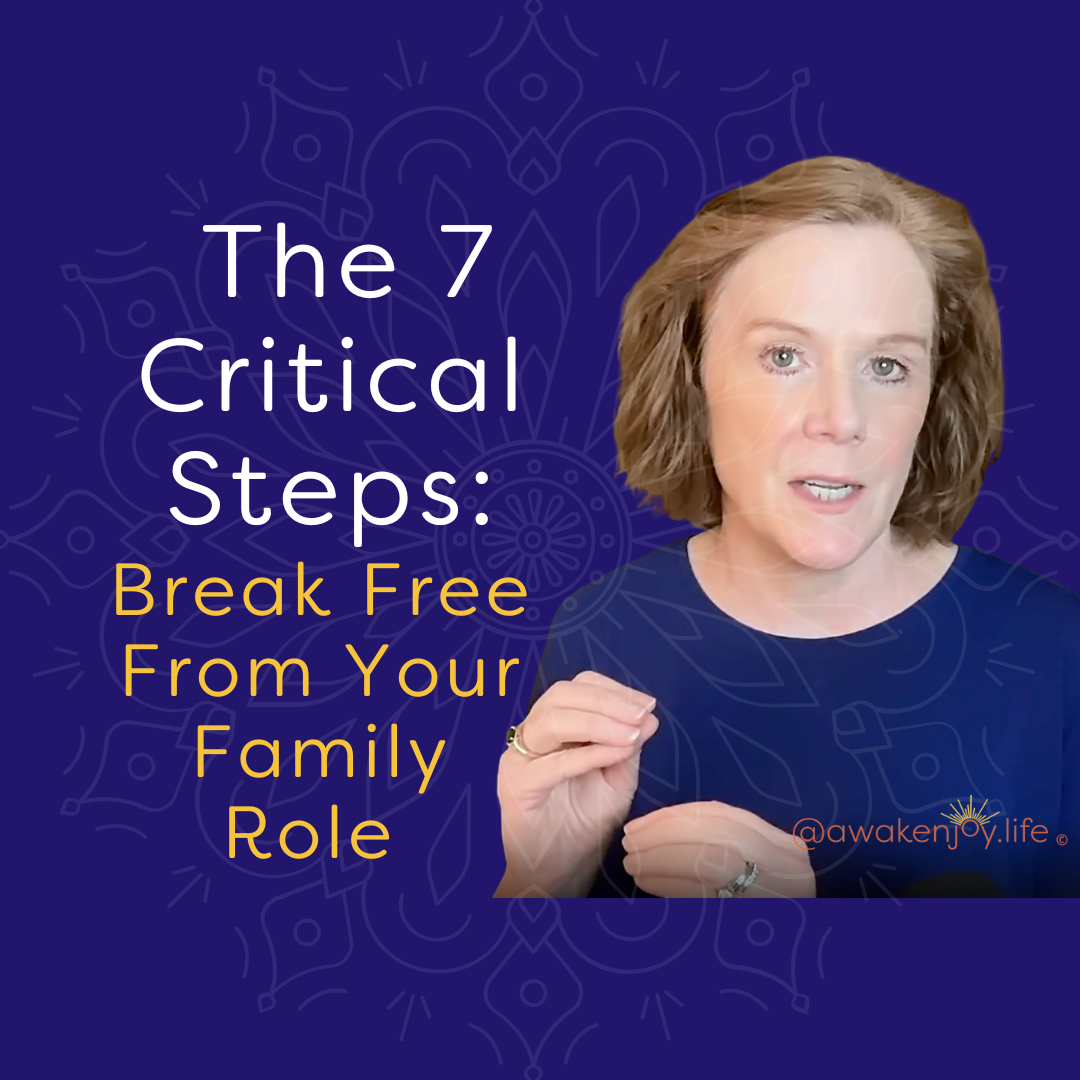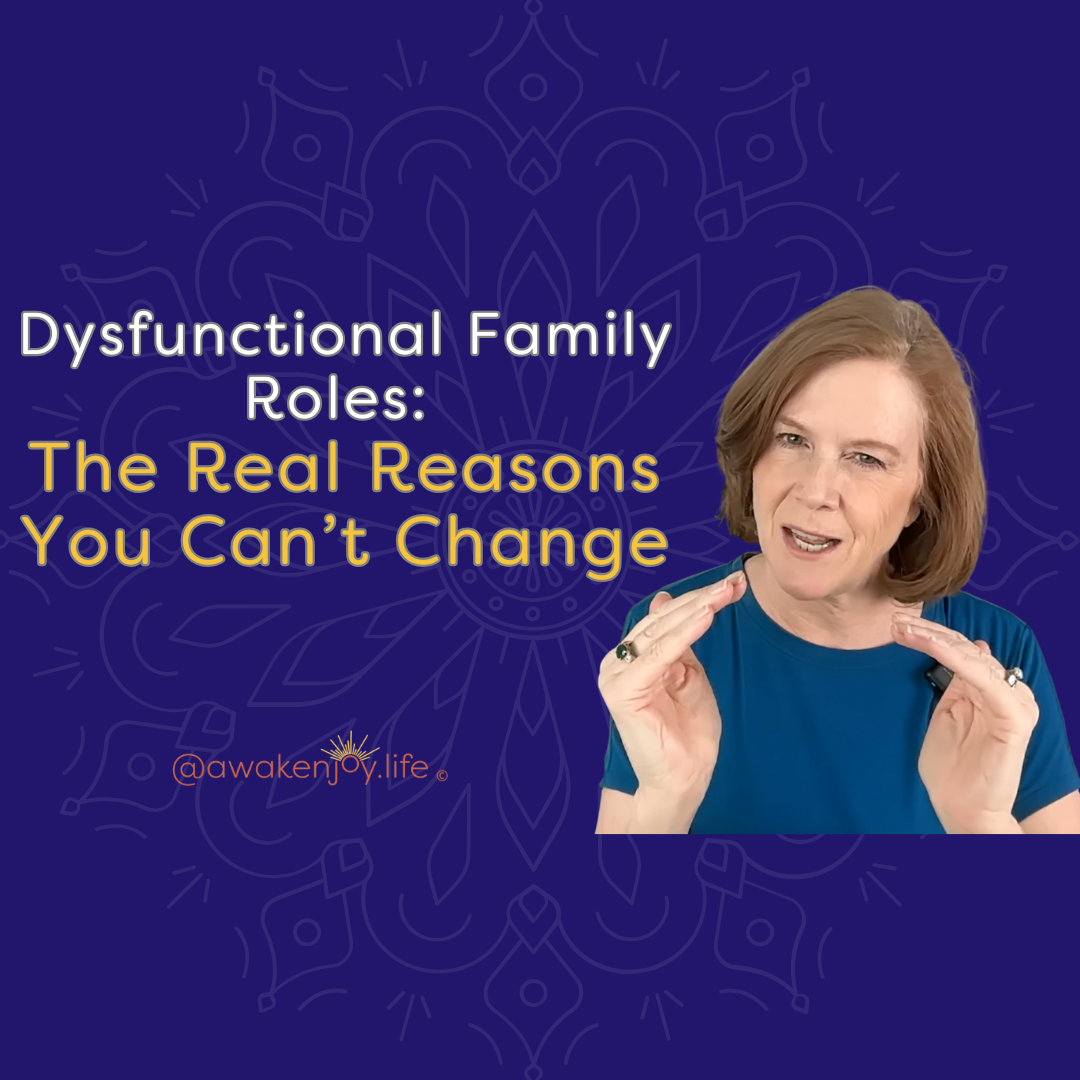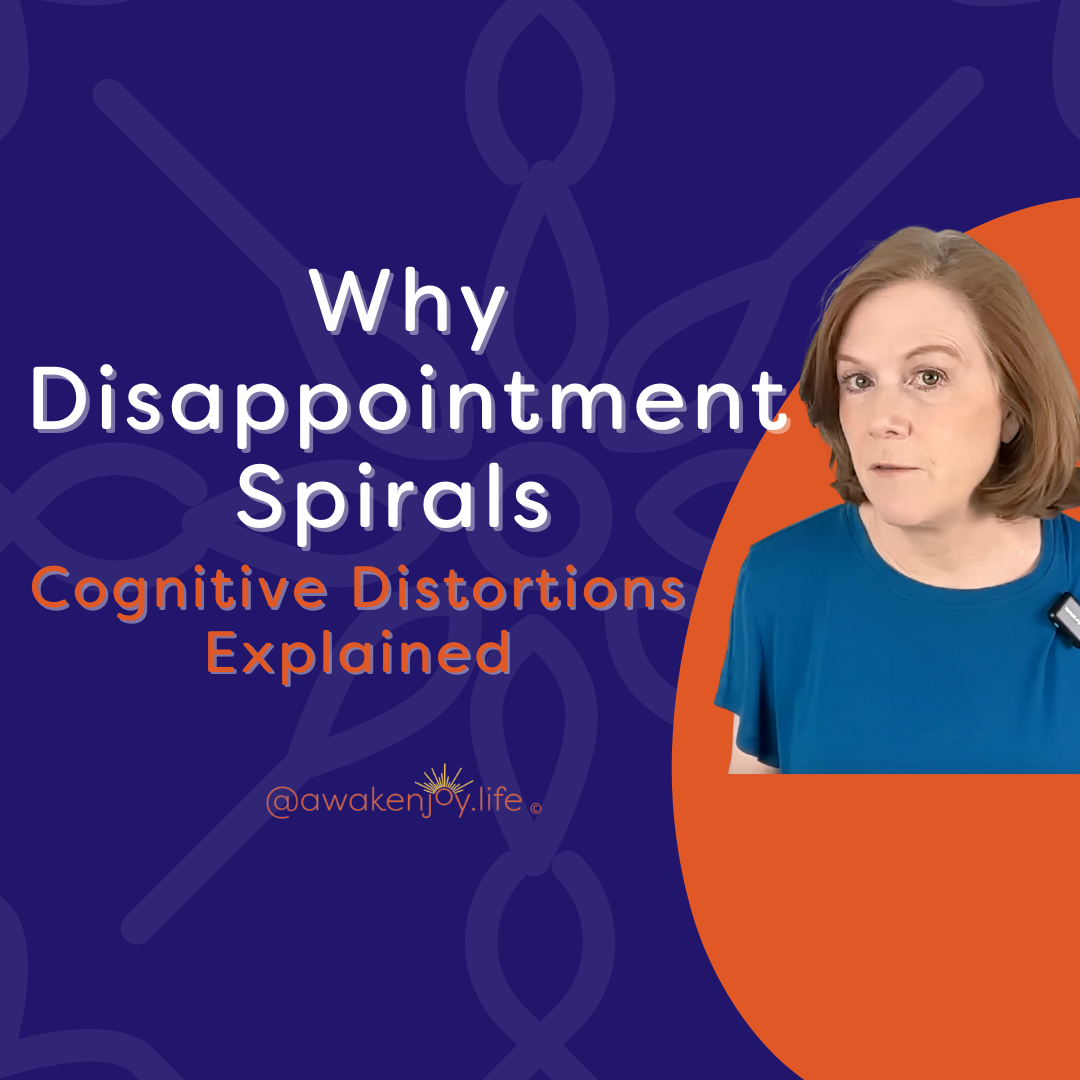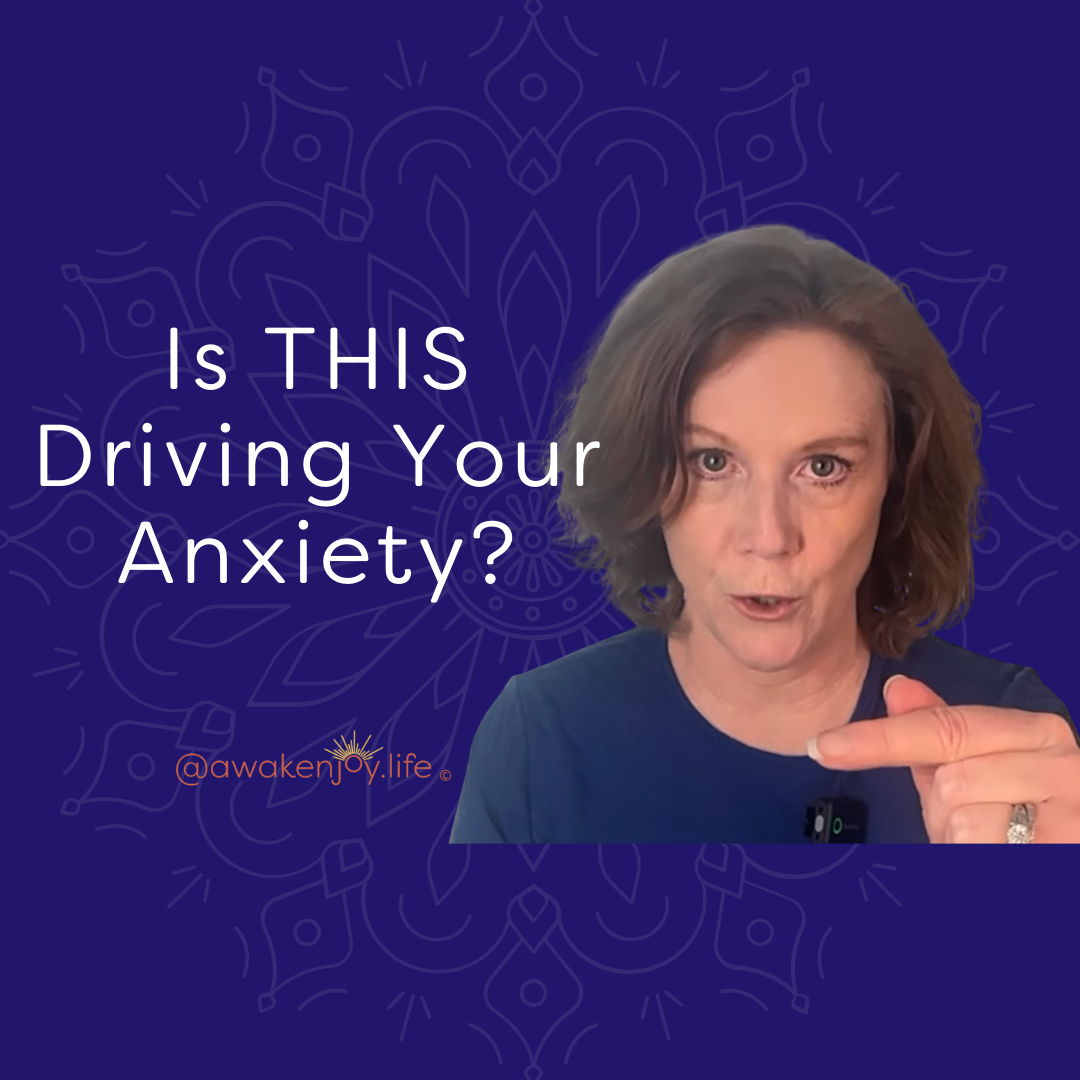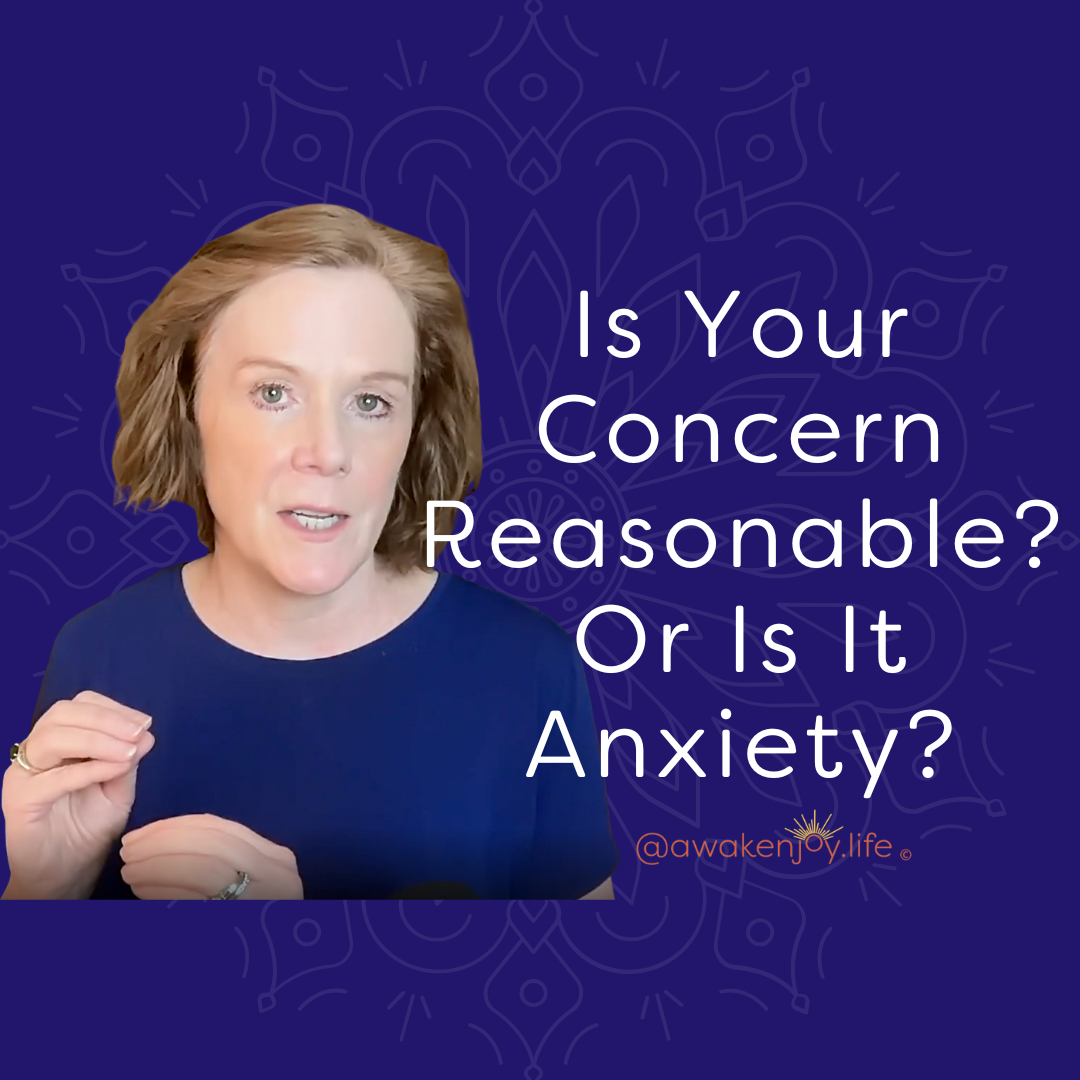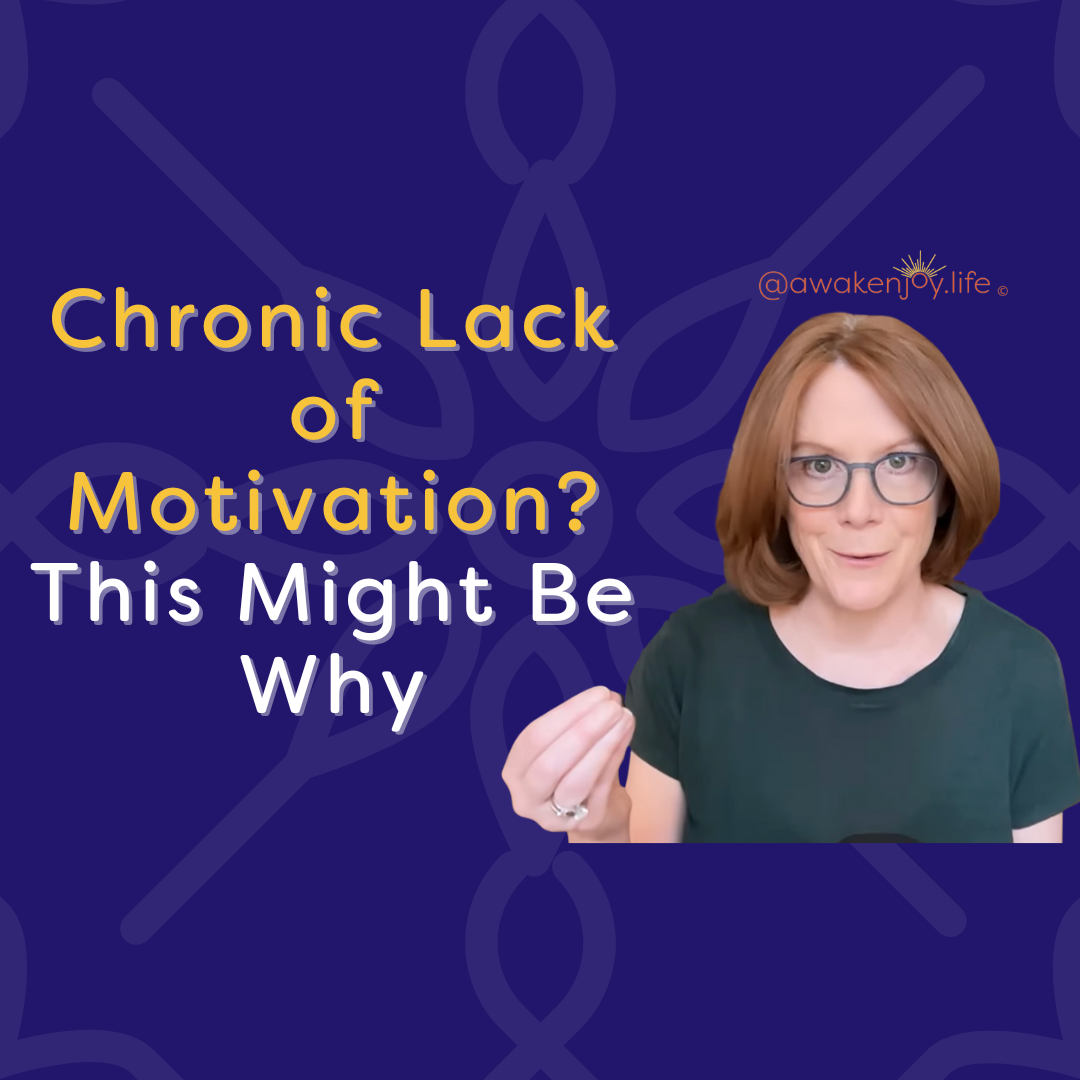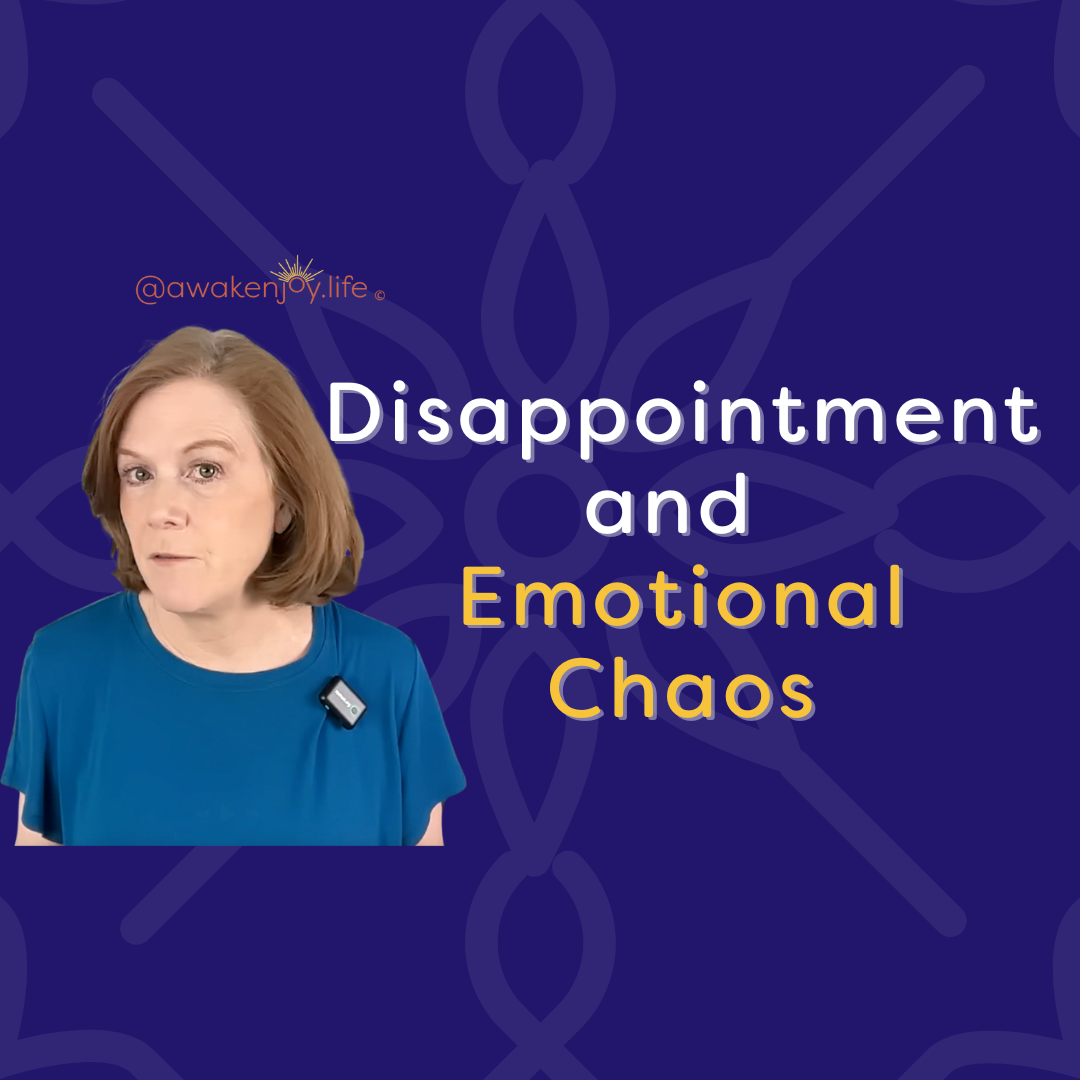Emotional Suppression

Emotional Suppression Can Backfire
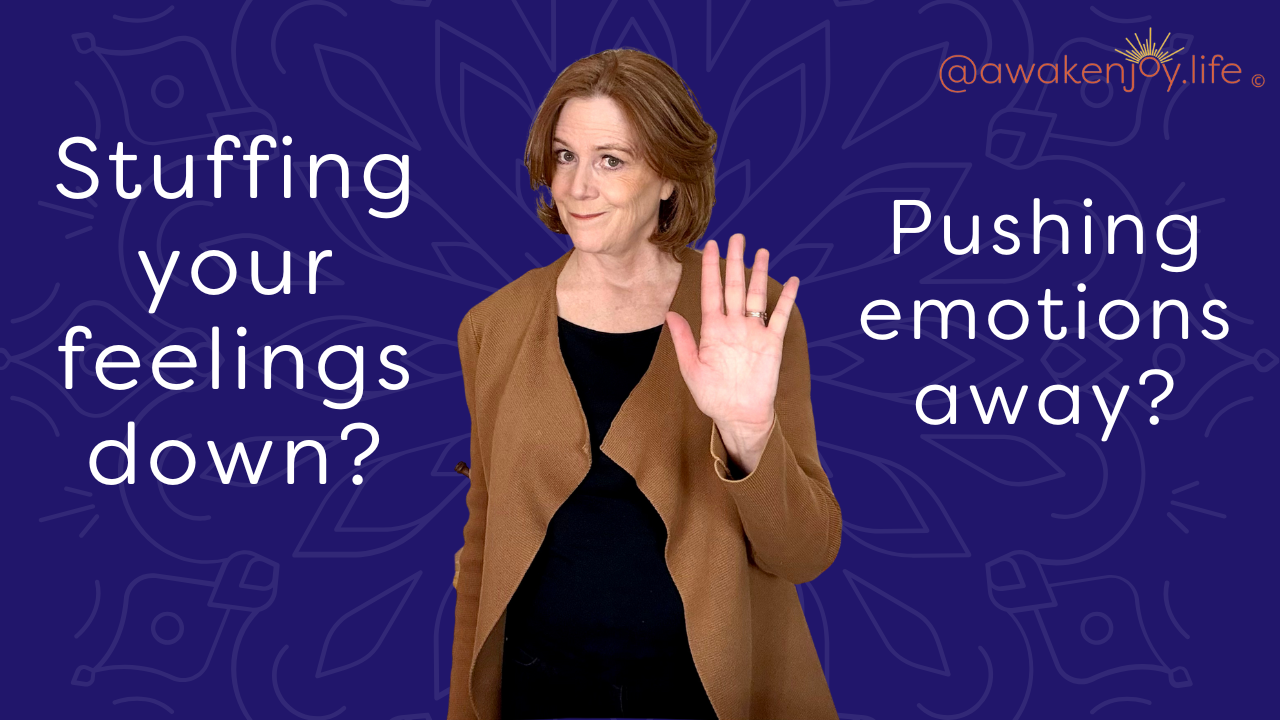
The Hidden Costs of Emotional Suppression: Why Stuffing Down Your Feelings Backfires
Do you tend to stuff your feelings down, pushing away emotions like fear, sadness, and anger? This is called emotional suppression, and it's a common coping mechanism. But this strategy comes with significant hidden costs. Suppressing your emotions has been shown to increase your physiological stress response, impact your memory, and negatively affect your relationships. In the next few minutes, let's explore what emotional suppression is, why it backfires, and what you can do about it.
What Is Emotional Suppression?
Emotional suppression occurs when you inhibit your emotions. This can be done consciously or subconsciously. When it's done unconsciously, it is sometimes called repression.
The inhibition of emotion can affect what you show to the world and it can also be that you are denying the emotion even to yourself.
The Spectrum of Emotional Suppression
Emotional suppression exists on a spectrum. At one end, we all need to suppress the expression of our emotions occasionally in particular situations. This can be adaptive—not starting to cry in the middle of an intense negotiation at work, not erupting in anger at your boss or in public or at your spouse. We can choose when to share our emotions and temporarily suppress their expression. As long as we acknowledge the emotion and work through it at some point without too significant a delay, this is what I would call adaptive. It's a coping strategy that probably works for us.
Moving along the spectrum, some people have certain emotions they suppress, perhaps feelings of anger or sadness. Here, people are aware they're having that feeling, they don't want it, and they do what they can to push it down.
Toward the middle of the spectrum, people suppress almost all of their negative emotions (which has the side effect of suppressing positive ones as well). If we continue this pattern, or if we learned it very young, we reach the point where we're completely suppressing emotions without being aware of it.
At the far end of the spectrum is what's called repression, where the emotion is suppressed completely unconsciously, out of your conscious awareness.
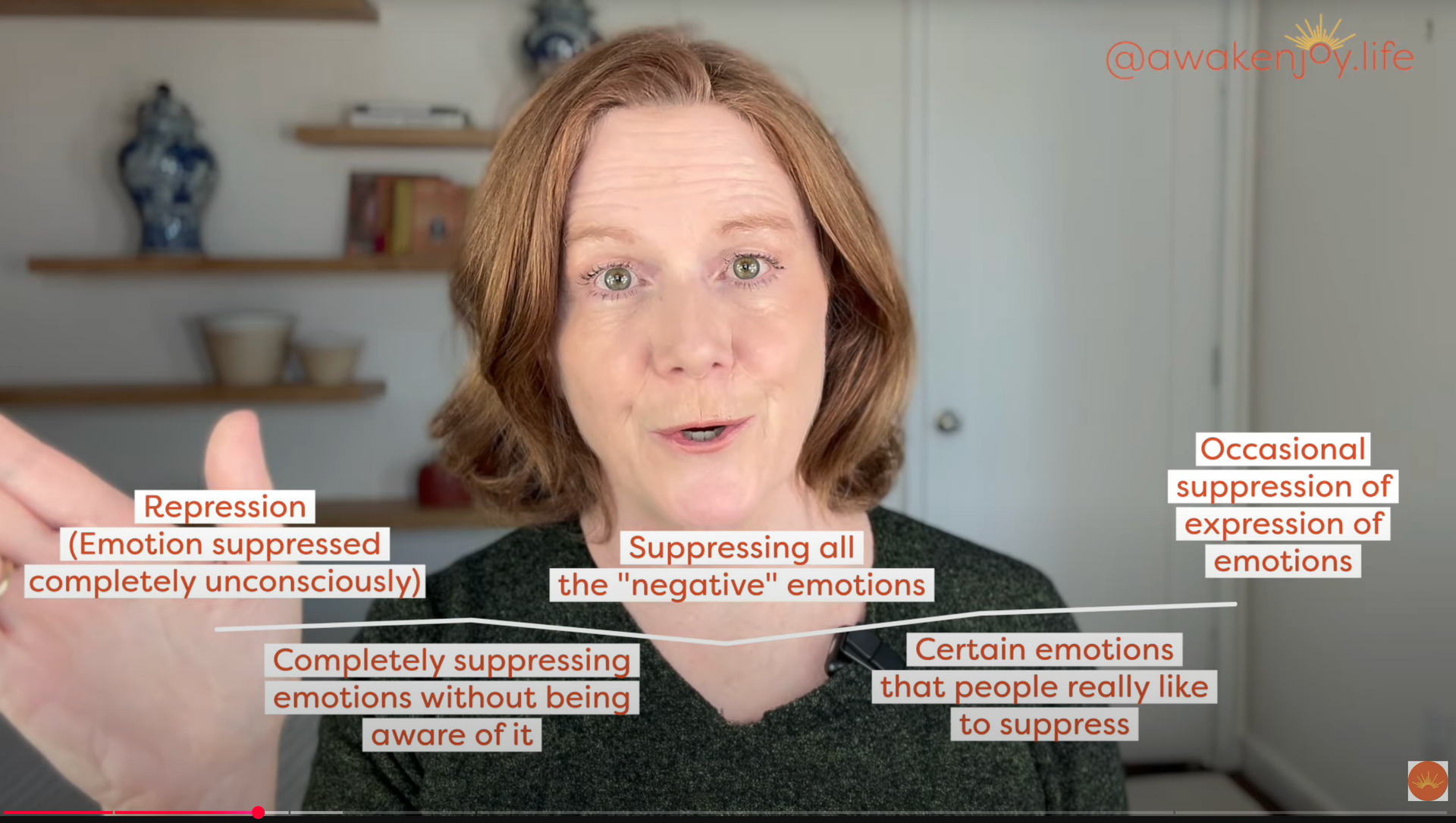
Common Techniques Used to Suppress Emotions
Here are examples of several common suppression techniques:
*Staying too busy
Running on adrenaline, keeping too busy to deal with emotions. The internal dialogue (conscious or subconscious) might be, "I'm okay feeling all the anxiety and stress about all this stuff, but I'm not going to feel those deeper emotions—the hurt or the sadness, or even the anger."
*Avoidance
"I know that doing X, Y, Z thing makes me anxious. I'm going to avoid it." Avoidance is chosen instead of addressing why the activity makes you anxious, or upset, or irritated....
*Overriding with habitual emotions
Some people feel anxious all the time, and that anxiety probably covers up deeper and more difficult emotions—usually hurt or sadness. Other people might be angry all the time, and that anger does the same thing. It covers up those more vulnerable emotions that people don't like to feel. If this resonates with you, it's worth investigating.
I call the emotion we frequently feel, which covers up the vulnerable emotions, a "habitual emotion." This is a super common technique that I never hear discussed.
*False positivity
This could be false positivity to the outside world as well as to ourselves, essentially denying that we're having any difficult emotions.
*Denial
Simply refusing to acknowledge that you feel the difficult emotion(s).
Signs You Might Be Suppressing Emotions Without Knowing It
Signs that you might be suppressing your emotions without even being aware of it—whether it's subconscious or unconscious—could include:
- Chronic health issues
- Unexplained anxiety or depression
- Feeling detached
- Feeling numb
- Feeling unconnected from yourself or your own life
That last one is a signal of fairly advanced emotional suppression. There's no judgment here. This happens for many reasons, and these patterns are very common.
I recently released a video and blog on why people are emotionally dysregulated, which I'm guessing will attract those who have huge overblown emotions. But it also applies to people who suppress — emotional dysregulation includes both extremes. You can find these here: Why Am I So Emotionally Dysregulated Blog and Video.
Three Major Areas Impacted by Emotional Suppression
I want to highlight three areas that have been scientifically proven to be impacted if you regularly suppress your emotions:
1. How you feel, both physically (your physiology) and emotionally
2. How you think (your cognitions)
3. Relationships
Physiological and Emotional Impact
Research shows that when we suppress emotions, we actually make them stronger. They might leak out in other ways or be contained until they explode, but suppressing them generally makes them worse. It's also been shown that suppressing emotions takes significant energy and mental focus. There's a high cost in terms of the effort required.
There are cardiovascular connections to suppressing emotions, including higher blood pressure and constricted blood vessels. Research has shown a connection to certain chronic illnesses. While that research isn't definitive, it makes sense.
In one research study, people watched movies. One group was told to feel whatever they felt. The other group was told to try not to be impacted by what they were watching. While watching, researchers monitored their heart rate and blood pressure. They found actual evidence that people suppressing the emotion—really trying not to feel anything—had increased blood pressure and heart rate. Their stress chemicals were increasing.
Cognitive Impact
People's memories are worse if they're suppressing their emotions. This makes sense when we consider the energy issue I mentioned earlier. If you're putting your focus on suppressing the emotion, you're not paying attention to what is happening around you. We only encode in memory what we pay attention to.
What we are aware of, we encode. So if our focus is on suppressing our emotions, our memory won't be as strong.
Impact on Relationships
Generally when you suppress your emotions, you end up suppressing both negative and positive emotions. That isn't beneficial for relationships.
What I also find is that when someone suppresses their emotions and maintains false positivity, it can be very distancing for the other person—whether that's a partner, friend, romantic relationship, sibling, or parent-child relationship.
If someone is suppressing their emotions, you get this feeling that you don't know what's going on with them. They may feel like a stranger. This makes emotional intimacy very difficult.
I recently read fascinating research showing that when someone is next to a person who is actively suppressing their emotions, the person next to them experiences an increase in their stress chemicals. The research paired two people who didn't know each other, told one to suppress their emotions, and measured all the physiological signs in the other person.
I've experienced this myself. I can think of many examples where I'm worried about something or processing something, and I'm with someone who says "everything's fine"—it makes my stress levels rise. I could definitely relate to that research.
This has real-world impact: missing details in conversations, missing opportunities for emotional connection. Probably what's missing most deeply is an emotional connection with yourself, because, over time, you stop knowing what you're feeling. Eventually you might feel numbed out about everything, or your emotions just feel like a messy area you try to keep in a box without even knowing what they are.
The Solution: Changing How You Think About and Deal With Emotions
There is a solution, and while it will take time, it's worth the effort.
Step One: Begin to Think About Your Emotions Differently
**All emotions are giving you information.** Our emotions are a treasure trove of information that's helpful for navigating the world, for knowing what we want, for knowing who we are, where we want to go, what we aim for, who we want to be with. All of that is provided through our emotions.
Some emotions are pleasant to feel and others are unpleasant to feel. But if we stop thinking of them as bad or good, and look at all of them as providing information—"What information is this emotion giving me?"—changing that viewpoint will be enormously helpful.
The other viewpoint to change about emotions is to **separate the emotion from the behavior that comes from that emotion.** In working with people over 20 years as a therapist, so many would say, "Anger is bad. Anger is bad." No, the feeling of anger is not bad. The behavior that anger can lead to—acting out in anger—can lead to pretty negative consequences. That behavior you might judge as good or bad, but the feeling itself is not bad.
Think about unpleasant versus pleasant—that's real and valid. Some emotions we like feeling. Some we don't. But don't tie the emotion to behavior that either comes from it for you or for other people.
Many people I worked with who suppressed their emotions had a parent who would act out in anger constantly, and that child had to learn to suppress their emotions to survive. But as they grew up, it also rationally made sense to them: "I don't want to be horrible like my parent. I don't want to explode in anger, be abusive, do all that stuff. And that's what anger does."
No—anger doesn't do that. The behavior that comes from your feeling
might do that. But other behaviors are likely to be more effective, and they
don't do that.
This is the big first step: changing your opinion of what emotions are.
Step Two: Acceptance and Validation
The second major step is accepting and validating the emotions you are having.
For many of us, while we were growing up our emotions were not validated. This is very common, and it can lead to numerous emotional regulation problems.
Here's an example of accepting and validating an angry response you are having:
"Yes, I feel angry. I'm going to validate that something happened and my response was anger. There is a reason I'm feeling the anger, and I can look into what that reason is. Once I understand that, I can decide my response."
When you accept and acknowledge your emotions—some people talk about inviting them in for tea—you can then explore: "What information is this emotion telling me? Is the anger telling me that somebody crossed my boundaries? Is the anger telling me that somebody hurt me?"
Anger is often a cover-up emotion. But by accepting it, validating it, and then beginning to investigate it, you can figure out what triggered it, why, and what the deeper, more vulnerable emotion underneath it. And then decide how you'd like to respond.
Additional Tools: Mindfulness and Self-Exploration
In one of my major online programs called the Roadmap to Joy and Authentic Confidence, we have an entire section on understanding your emotions. Before we get to that section, there's a section on mindfulness and meditation because that's a wonderful way to begin sitting with your emotions—really sitting with how your emotions connect to your thoughts, to your physiology, and understanding all the connections. With mindfulness meditation, you begin to see it all so much more clearly.
In that program, we start with an exploration of our values and of what we want—an internal exploration to begin figuring out who you truly are, authentically. Emotional intimacy starts with yourself.
Moving Forward
To summarize, begin thinking about emotional suppression as a tool you're using to regulate your emotions. It's probably not the most effective tool unless it's being used in very specific occasional situations. If you think of it as a tool you're using to regulate your emotions, you can open up to exploring other emotional regulation tools. I just released a video on that topic.
Know that your emotions are information, not enemies. Know that the emotion doesn't need to dictate the behavior that comes from it. And know you can improve your emotional regulation at any age.
Blog Author: Barbara Heffernan, LCSW, MBA. Barbara is a licensed psychotherapist and specialist in anxiety, trauma, and healthy boundaries. She had a private practice in Connecticut for twenty years before starting her popular YouTube channel designed to help people around the world live a more joyful life. Barbara has a BA from Yale University, an MBA from Columbia University and an MSW from SCSU. More info on Barbara can be found on her bio page.
Share this with someone who can benefit from this blog!
